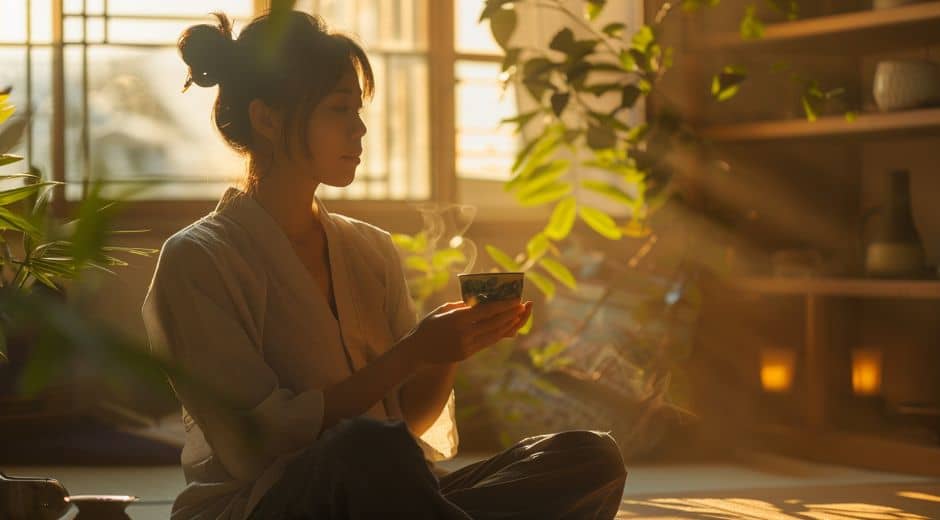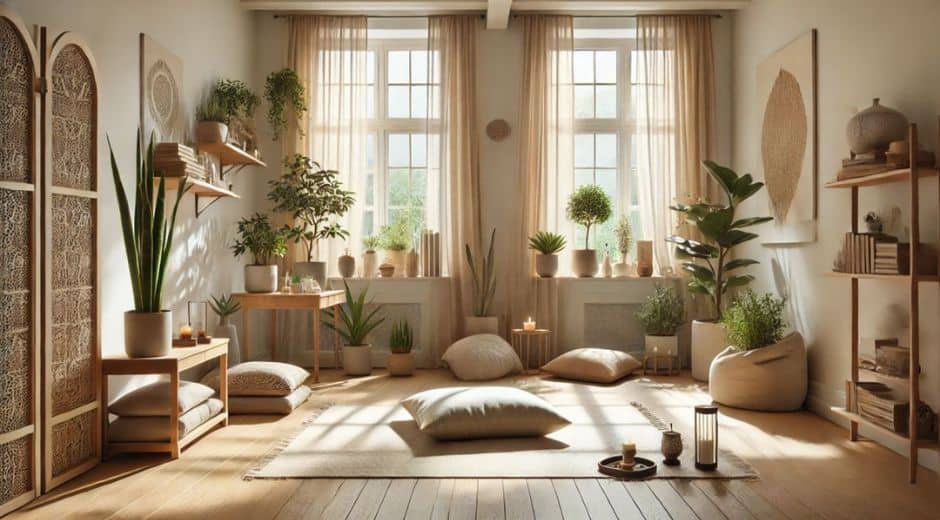Art of Slow Living: Finding Peace in Everyday Moments
Art of Slow Living: Finding Peace in Everyday Moments
In today’s fast-paced world, life often feels like a relentless rush from task to task, leaving little space for reflection or calm. The Art of Slow Living is a conscious response to this modern pace — a lifestyle that prioritizes presence, intention, and balance. It’s not about doing less for the sake of it but about engaging fully with each moment, allowing life to unfold with clarity, serenity, and purpose. Embracing this philosophy can transform not only daily routines but also mental, physical, and emotional well-being.
Understanding the Need for Slow Living
Our culture celebrates speed, efficiency, and constant productivity, but this comes at a cost. Chronic stress, burnout, and a sense of disconnection are common side effects. The Art of Slow Living provides a remedy, emphasizing quality over quantity in all aspects of life. By slowing down, individuals create space to notice, appreciate, and savor what truly matters.
Mindful awareness, gratitude, and deliberate action form the foundation of this lifestyle. Whether it’s a mindful morning ritual, a quiet cup of tea, or a walk in nature, these simple practices help anchor the mind in the present. They are essential for anyone seeking balance in a world that rarely pauses.
Morning Rituals: Starting the Day Intentionally
The way a day begins sets the tone for everything that follows. Practicing the Art of Slow Living often starts with intentional morning routines that nourish both mind and body. Gentle stretching, meditation, journaling, or simply sitting in quiet reflection are powerful ways to center yourself before the day’s demands begin.
Mindful eating also plays a role. A slow, conscious breakfast not only nourishes the body but also sets a rhythm of attentiveness for the day. Platforms like BeautyUpNest emphasize the importance of integrating small, thoughtful rituals into daily routines, showing that even brief moments of mindfulness can significantly improve overall well-being.
By starting the day slowly, we invite focus, clarity, and calm into our lives — essential elements for anyone pursuing the Art of Slow Living.
Mindful Work: Finding Flow in Daily Tasks
Slow living is not about avoiding responsibility; it’s about approaching work with mindfulness. Focusing fully on each task, rather than multitasking, increases both productivity and satisfaction. By giving undivided attention to what we do, we cultivate presence and reduce stress.
Techniques such as time-blocking, digital detoxes, and mindful pauses can help create a work rhythm that supports both efficiency and calm. Insights from MuseaTime highlight how balancing work and reflection enhances creativity and prevents burnout, making the pursuit of slow living both practical and enriching.
Incorporating these mindful approaches into daily routines is a hallmark of the Art of Slow Living, ensuring that every action contributes to a deeper sense of purpose and presence.
The Role of Nature and Environment
Connection with nature is central to slow living. Spending time outdoors, even briefly, restores energy, improves mood, and fosters perspective. The simple act of walking barefoot on grass, observing the changing seasons, or listening to birdsong creates a grounding effect that encourages mindfulness.
Home and work environments also play a role. Decluttered spaces, natural light, and aesthetically pleasing surroundings cultivate calm. The principles highlighted by StyleRadarPoint demonstrate how intentional design and environment contribute to mental clarity, emotional balance, and overall well-being.
By curating surroundings that promote peace and presence, individuals reinforce the philosophy of the Art of Slow Living and support daily practices of mindfulness.
Eating with Awareness
Food is more than sustenance; it’s an opportunity for connection, pleasure, and reflection. Practicing mindful eating — savoring flavors, textures, and aromas — is a vital component of slow living. Avoiding distractions such as screens during meals allows for fuller appreciation and digestion.
Choosing wholesome, locally sourced ingredients further enhances this practice. Slow-cooked meals, shared family dinners, and deliberate food preparation become acts of care for both body and mind. This mindful approach aligns with the Art of Slow Living, turning everyday sustenance into a ritual of nourishment and attention.
Cultivating Mindful Relationships
Slow living also extends to relationships. Engaging fully with friends, family, and colleagues fosters deeper connections and meaningful interactions. Listening actively, speaking intentionally, and sharing quality time reflects a commitment to presence and care.
By prioritizing connection over quantity, the Art of Slow Living transforms relationships into sources of support, joy, and growth. It encourages patience, empathy, and understanding, creating a balanced social rhythm that nourishes both self and others.
Reflection and Evening Rituals
Closing the day with intentional reflection reinforces the principles of slow living. Journaling, meditation, or simple gratitude practices allow individuals to process experiences, celebrate successes, and release tension.
Evening rituals, such as lighting a candle, sipping herbal tea, or gentle stretching, signal the body and mind to transition into rest. According to insights on FocusMindFlow, these practices support mental clarity, emotional balance, and restorative sleep, making them essential to the Art of Slow Living.
Integrating Slow Living Into Modern Life
Adopting the Art of Slow Living doesn’t require drastic changes. Small, intentional adjustments — like mindful breathing, digital breaks, or simplified schedules — accumulate over time to create profound effects. The key is consistency and awareness, turning ordinary routines into rituals of presence.
Modern tools and resources can support this integration. From curated wellness guides to mindful lifestyle platforms like MuseaTime and BeautyUpNest, individuals can access practical strategies, inspiration, and community to maintain a sustainable slow-living practice.
By combining these insights with personal reflection, the Art of Slow Living becomes not just a lifestyle choice, but a transformative mindset that enhances every aspect of daily life.
The Benefits of Slow Living
Embracing slow living provides multidimensional benefits. Mentally, it reduces stress and enhances focus. Physically, it promotes energy balance and health. Emotionally, it fosters connection, gratitude, and fulfillment. Spiritually, it cultivates presence, awareness, and intentionality.
Slow living also encourages resilience and adaptability, enabling individuals to respond thoughtfully to challenges rather than reacting impulsively. The Art of Slow Living empowers individuals to live fully in the present, creating a life that is both intentional and deeply satisfying.
Final Thoughts
The Art of Slow Living is more than a philosophy; it is a conscious lifestyle choice. By integrating mindfulness into daily routines, curating environments that foster peace, and prioritizing meaningful connections, individuals can reclaim balance and presence. It is a deliberate response to modern chaos — a commitment to living fully, attentively, and with purpose.
Incorporating insights from MuseaTime, StyleRadarPoint, and BeautyUpNest alongside guidance from FocusMindFlow creates a comprehensive approach to slow living. The result is a life that is calmer, more focused, and profoundly rewarding — one mindful, intentional moment at a time.
Focus Flow Forward

Mental Alignment for Clear Daily Focus
Mental Alignment for Clear Daily Focus

Mental Momentum Tricks to Stay On Track
Mental Momentum Tricks to Stay On Track

Focus Ritual That Gets You Into Flow
Focus Ritual That Gets You Into Flow

Inner Discipline Habits for Long Term Growth
Inner Discipline Habits for Long Term Growth













